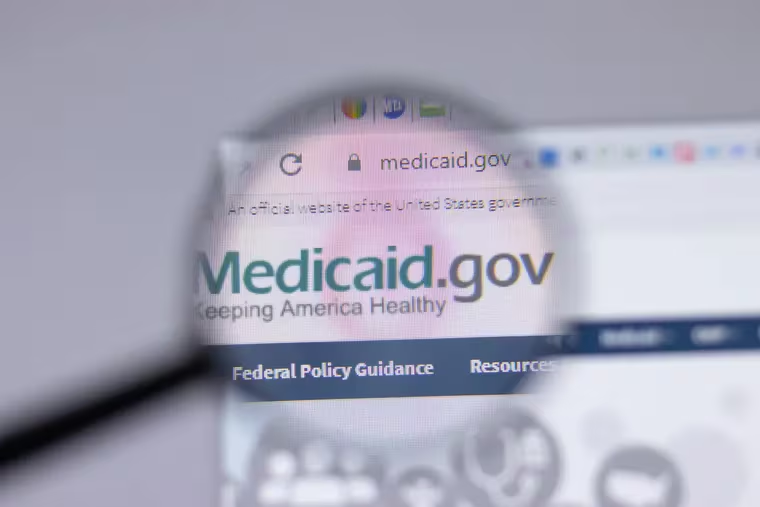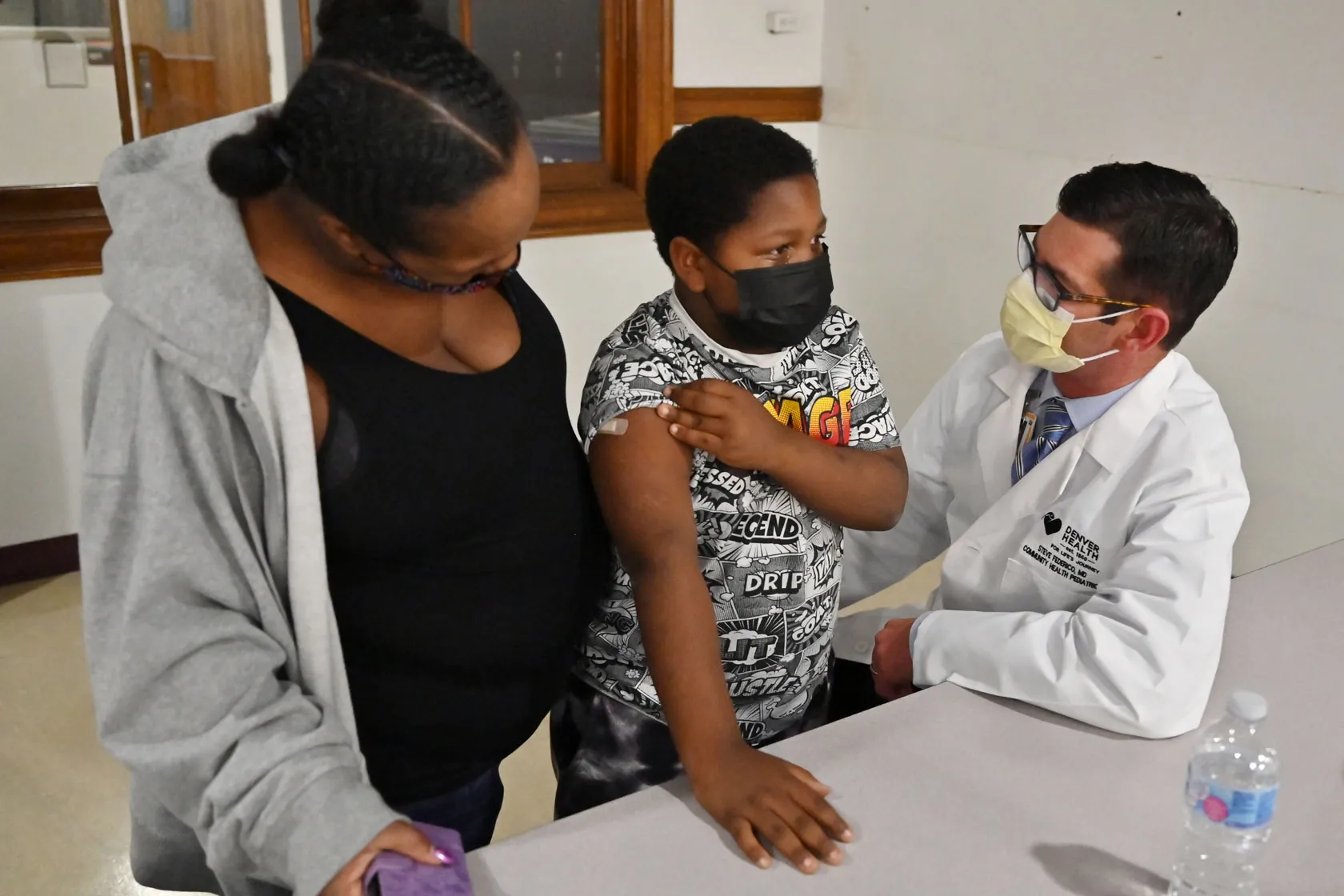In the United States, over 23 million Americans, including disproportionately affected Black and Latino/Hispanic individuals, have lost Medicaid coverage due to procedural issues post-pandemic, prompting calls for systemic reforms and federal intervention to ensure equitable healthcare access.
Study Shows Disproportionate Medicaid Coverage Loss Among Minorities Post-Pandemic
According to Yahoo News, more than 23 million people lost their Medicaid coverage after the pandemic protections ended. Many Black, Latino/Hispanic, Native/Indigenous, and Asian Americans were affected. They couldn’t renew their Medicaid coverage because of issues like incomplete applications, leading to a significant drop in enrollment.
A study showed that Black and Latino/Hispanic Americans were twice as likely as white people to lose their Medicaid coverage due to renewal problems. Many disenrollments happened because of administrative issues and missed deadlines. This has made it harder for families, especially those with chronic illnesses, to get the healthcare they need.
READ ALSO: Banking Hours On July 4, 2024: Branch Closures And Online Services Overview

23 Million Americans Lose Medicaid Coverage: Disproportionate Impact on Vulnerable Communities (PHOTO: The Philadelphia Inquirer)
States and Federal Government Seek Solutions for Medicaid Coverage Enrollment Challenges
States are trying to address these problems by pausing disenrollments and improving the renewal process. They want to make it easier for eligible people to re-enroll, set up automatic renewals, and use digital records for healthcare. There’s a growing call for the federal government to step in and fix these issues to ensure that everyone has fair access to Medicaid coverage and healthcare.

















































